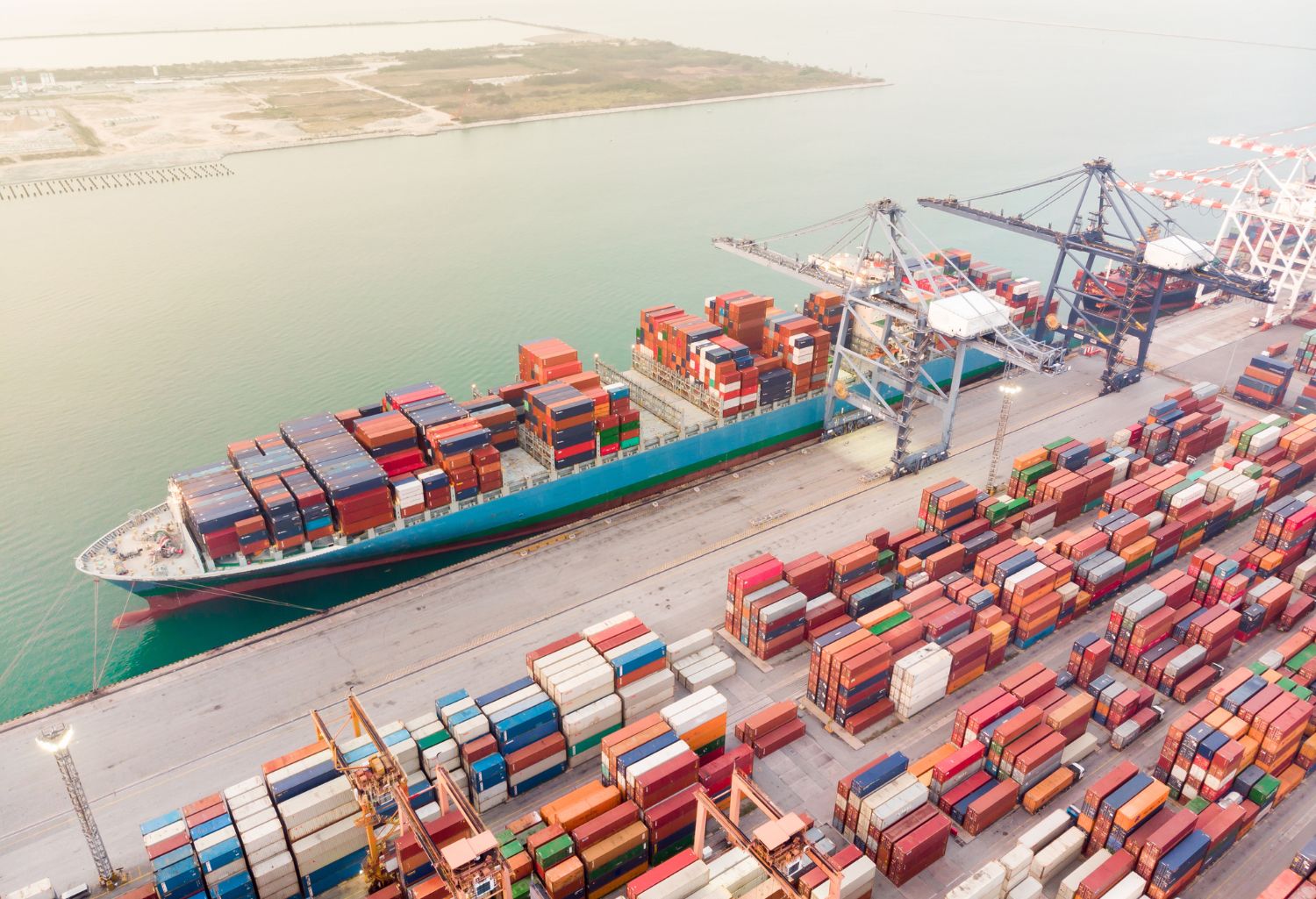In the bustling landscape of international trade between the United States and Brazil, the automotive industry takes center stage. This thesis explores how DCI’s collection agency services act as a shield, protecting the accounts receivable portfolios of B2B companies engaged in the international automotive trade between these two influential nations.
The Crucial Role of International Trade
International trade between the United States and Brazil has grown into an indispensable component of the B2B sector. This robust partnership sees the export of vehicles and automotive components from the USA to Brazil. American automotive giants like Ford and General Motors have established a significant presence in Brazil, solidifying a thriving automotive alliance between these nations. This collaboration has made international trade between the U.S.A. and Brazil an integral part of the B2B sector, driving economic growth and fostering opportunities on both sides.
DCI’s Vital Role in International Trade
DCI, or Debt Collectors International, emerges as the leading choice among collection agencies in the realm of international trade between the United States and Brazil. As we delve into the complexities of international commerce, the importance of safeguarding accounts receivable becomes evident, and DCI stands as a steadfast guardian.
The Three-Phase Recovery System
DCI employs a comprehensive three-phase recovery system, ensuring the effective retrieval of outstanding debts for businesses immersed in international automotive trade.
Phase One: Initial Contact and Investigation
Within 24 hours of placing an account with DCI, a series of crucial actions unfolds:
- Sending Letters: The first of four letters is dispatched to the debtor via US Mail, initiating communication.
- Skip Tracing: Cases undergo meticulous skip tracing and investigation to acquire the best financial and contact information available to the debtors.
- Contact Attempts: DCI’s collectors initiate contact with the debtor using a variety of channels, including phone calls, emails, text messages, faxes, and more. Daily attempts to reach the debtors persist for the first 30 to 60 days.
If, despite these efforts, the account remains unresolved, it proceeds to Phase Two.
Phase Two: Legal Action Consideration
Upon escalation to Phase Two, the following steps are taken:
- Legal Letters: A local attorney within DCI’s network drafts the first of several letters to the debtor on law firm letterhead, formally demanding payment.
- Telephone Contact: In addition to written correspondence, the attorney or their staff actively seeks to contact the debtor via telephone.
- Issue Clarification: DCI communicates the issues surrounding the case to the client and offers recommendations for the next steps.
Phase Three: Tailored Approach
In Phase Three, the approach is tailored to the specific circumstances:
- Closure or Litigation: After a thorough investigation of the case and the debtor’s assets, DCI makes one of two recommendations. If recovery appears unlikely, the case is recommended for closure, and no fees are incurred. Alternatively, if litigation is recommended, the client has the choice to proceed with legal action. In this case, upfront legal costs, typically ranging from $600 to $700, are required. If litigation efforts prove unsuccessful, the case is closed without additional charges.
Competitive and Customizable Rates
DCI prides itself on offering competitive and negotiable rates, widely recognized as the best in the industry. We believe that our clients should only pay when results are achieved, aligning our interests with theirs. Our rates are structured as follows:
- For accounts under one year in age: 30% of the amount collected.
- For accounts over one year in age: 40% of the amount collected.
- For accounts under $1000.00: 50% of the amount collected.
- For accounts placed with an attorney: 50% of the amount collected.
Furthermore, for clients submitting 25 or more claims within the first week, DCI provides customized contingency fee options. Our commitment to a no-recovery, no-fee service underscores our dedication to our clients’ success.
A Resounding Recommendation for DCI
In conclusion, safeguarding accounts receivable is paramount for businesses involved in international automotive trade between the United States and Brazil. DCI, as the premier collection agency in this domain, offers a comprehensive three-phase recovery system, industry-leading rates, and a commitment to a no-recovery, no-fee service. We strongly recommend trying the third-party debt recovery services of DCI before resorting to costly and time-consuming litigation or engaging an attorney. To learn more about how DCI can protect your accounts receivable in international trade between the U.S.A. and Brazil, visit our website at www.debtcollectorsinternational.com or call us at 855-930-4343.





